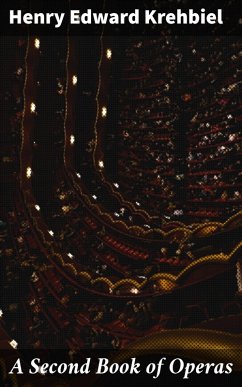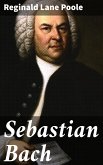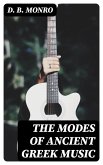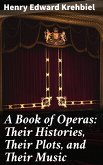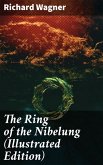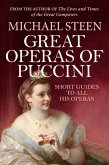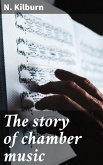In "A Second Book of Operas," Henry Edward Krehbiel delves into the rich tapestry of operatic works that emerged after his first volume, drawing upon both well-known and lesser-explored compositions to illuminate the evolution of opera in the late 19th century. Krehbiel'Äôs literary style combines vibrant prose with meticulous analysis, creating an engaging narrative that balances scholarly rigor with accessibility. The book draws on musical, historical, and cultural contexts, offering readers a comprehensive understanding of key operas, their composers, and the societal influences shaping their creation and reception. Henry Edward Krehbiel was a renowned music critic and musicologist whose insights into musical forms greatly contributed to American music literature. His profound knowledge, bolstered by his extensive travels and his interactions with prominent contemporaries, equipped him with a unique perspective on the operatic landscape. Krehbiel'Äôs passion for opera is evident, as he seeks to bridge the gap between music and its broader cultural implications, positioning his works as essential reading for anyone interested in the art form. This book is highly recommended for both opera enthusiasts and scholars alike, as it not only enriches the reader's understanding of operatic history but also inspires deeper appreciation for the masterpieces that continue to resonate today. Krehbiel's thoughtful exploration provides a fresh lens through which to view opera, making it an essential addition to the libraries of both casual readers and committed musicologists.
Dieser Download kann aus rechtlichen Gründen nur mit Rechnungsadresse in A, B, BG, CY, CZ, D, DK, EW, E, FIN, F, GR, H, IRL, I, LT, L, LR, M, NL, PL, P, R, S, SLO, SK ausgeliefert werden.
Hinweis: Dieser Artikel kann nur an eine deutsche Lieferadresse ausgeliefert werden.

